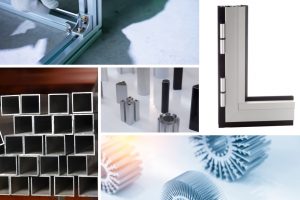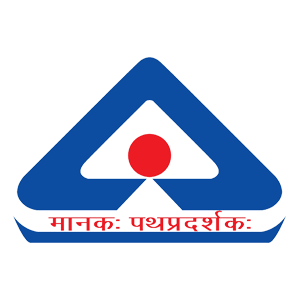Aluminum is one of the most versatile and widely used metals in the manufacturing industry. Its unique combination of lightweight, strength, and corrosion resistance make it an ideal material for a variety of applications. One of the most common forms of aluminum used in manufacturing is aluminum sections, which are produced using a process called aluminum extrusion. In this blog, we will explore the process of manufacturing aluminum sections and the different types of aluminum sections available in the market.
The Process of Aluminum Extrusion
Aluminum extrusion manufacturing process involves shaping aluminum into a specific cross-sectional shape by forcing it through a shaped opening in a die. The process involves heating an aluminum billet to a specific temperature and then forcing it through a die using a hydraulic press. The shape and size of the die determine the shape and size of the aluminum profile. After extrusion, the aluminum section can be cut to a specific length and further processed, such as drilling or machining, to meet specific requirements.
Aluminum sections are commonly used in a wide range of applications, including construction, transportation, and industrial manufacturing. They are popular in the construction industry due to their lightweight and high strength-to-weight ratio, which makes them easy to handle and transport while still providing excellent structural performance.
 Types of Aluminum Sections:
Types of Aluminum Sections:
There are many different types of aluminum sections available in the market, each with its own unique set of properties and applications. Some of the most common types of aluminum sections are:
- Flat Bars: Flat bars are rectangular-shaped bars that are commonly used in construction and manufacturing applications. They are ideal for use as support structures, framing, and decorative elements.
- Round Bars: Round bars are cylindrical-shaped bars that are commonly used in manufacturing and industrial applications. They are ideal for use as axles, shafts, and other structural components.
- Angles: Angles are L-shaped sections that are commonly used in construction and manufacturing applications. They are ideal for use as framing, bracing, and decorative elements.
- Channels: Channels are U-shaped sections that are commonly used in construction and industrial manufacturing applications. They are ideal for use as framing, support structures, and cable management systems.
- T-Slots: T-slots are special aluminum sections that feature a T-shaped slot running the length of the section. They are commonly used in industrial and manufacturing applications, such as machine frames, workstations, and assembly lines.
- I-Beams: I-beams are H-shaped sections that are commonly used in construction and industrial manufacturing applications. They are ideal for use as support structures, framing, and other structural components.
Benefits of Aluminum Sections:
Aluminum sections offer several benefits over other materials, including:
- Lightweight: Aluminum sections are much lighter than other metals, such as steel, making them easier to handle and transport.
- High Strength-to-Weight Ratio: Despite their light weight, aluminum sections offer excellent strength and durability, making them ideal for use in structural applications.
- Corrosion Resistance: Aluminum is highly resistant to corrosion, making it ideal for use in harsh environments or applications where exposure to moisture or chemicals is a concern.
- Easy to Fabricate: Aluminum is a highly malleable material, making it easy to fabricate into a wide range of shapes and sizes.
- Recyclable: Aluminum is a highly recyclable material, making it an environmentally friendly choice for manufacturers and consumers alike.
In conclusion, aluminium section profiles are a versatile and widely used material in the manufacturing industry, providing excellent strength and durability in a lightweight and easy-to-handle package. They are commonly used in construction, manufacturing, and assembly applications, and are available in a wide range of shapes and sizes to meet different requirements. Whether looking for standard profiles or custom extrusion services, choosing a reliable and experienced aluminium profile supplier is key to ensuring high-quality, cost-effective, and timely delivery of products.






